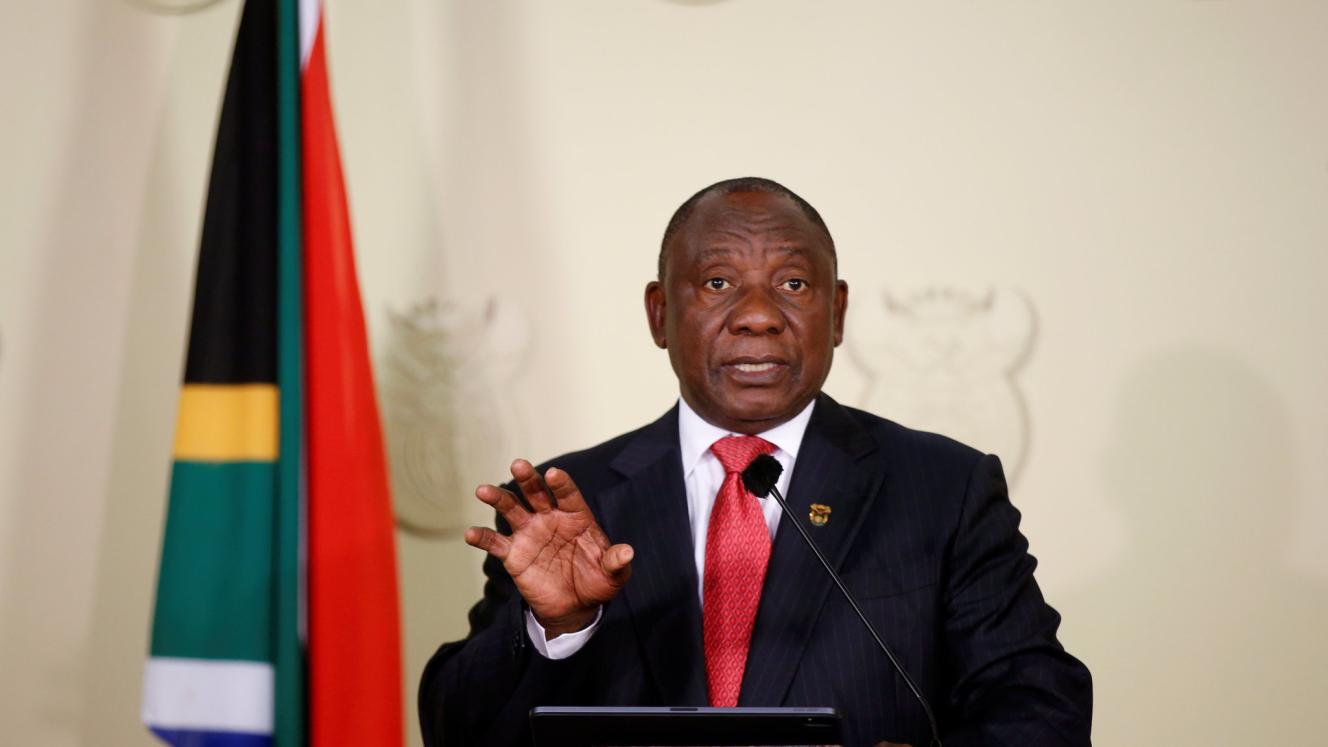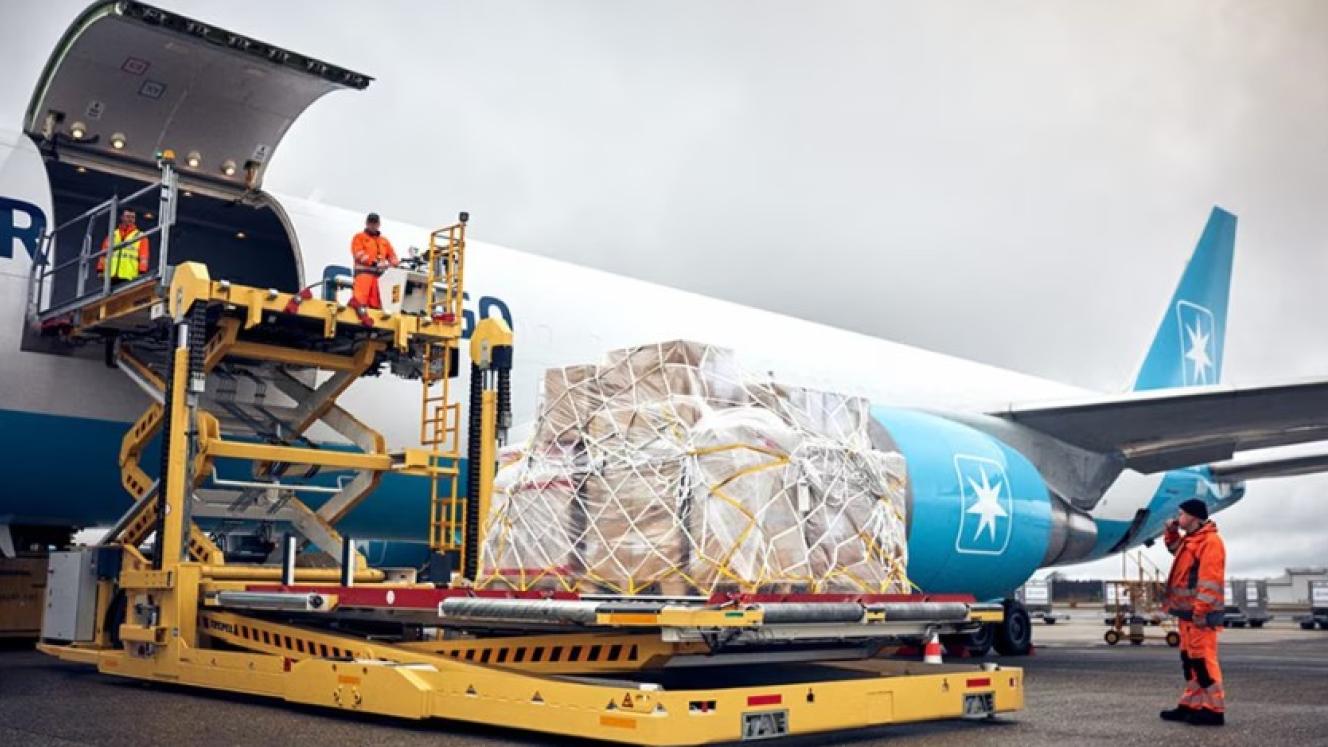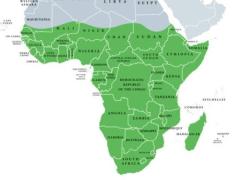President Cyril Ramaphosa’s foreign direct investment (FDI) ambitions face significant headwinds following today’s announcement by Unctad of another consecutive decline in global FDI flows which slid by 13% in 2018, to US$1.3 trillion from $1.5 trillion the previous year – the third consecutive annual decline, according to Unctad’s World Investment Report 2019.
The contraction was largely precipitated by United States multinational enterprises (MNEs) repatriating earnings from abroad, making use of tax reforms introduced by the country in 2017, designed for that purpose.
Hardest hit by the earnings repatriation were developed countries, where flows fell by a quarter to $557 billion − levels last seen in 2004.
“FDI continues to be trapped, confined to post-crisis lows. This does not bode well for the international community’s promise to tackle urgent global challenges, such as abject poverty and the climate crisis,” Unctad Secretary-General Mukhisa Kituyi said.
“Geopolitics and trade tensions risk continuing to weigh on FDI in 2019 and beyond,” he cautioned.
Developing country flows managed to hold steady (rising by 2%), which helped push flows to the developing world to more than half (54%) of global flows, from 46% in 2017 and just over a third before the financial crisis.
Despite the FDI decline, the United States remained the largest recipient of FDI, followed by China, Hong Kong (China) and Singapore.
In 2019, FDI is expected to recover in developed economies as the effect of the US tax reforms winds down.













